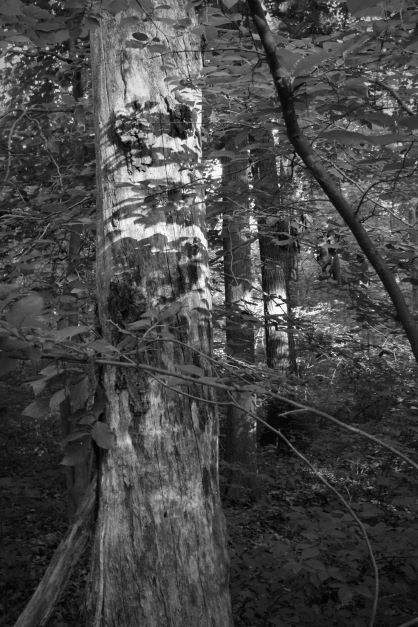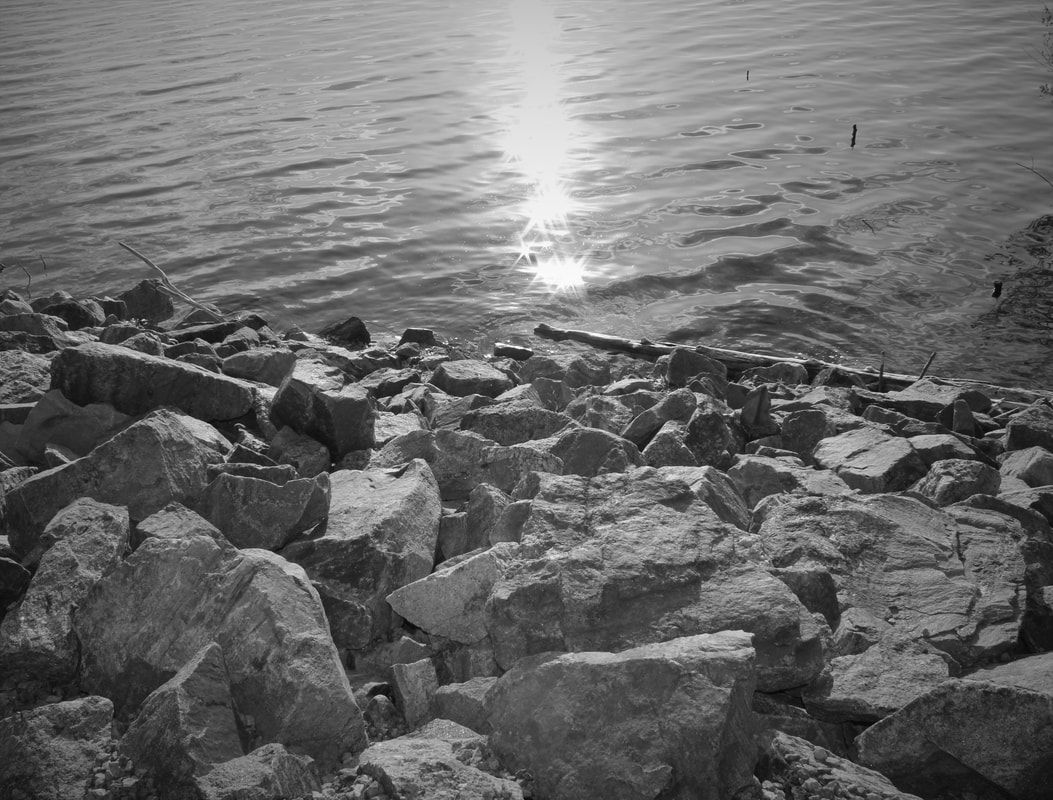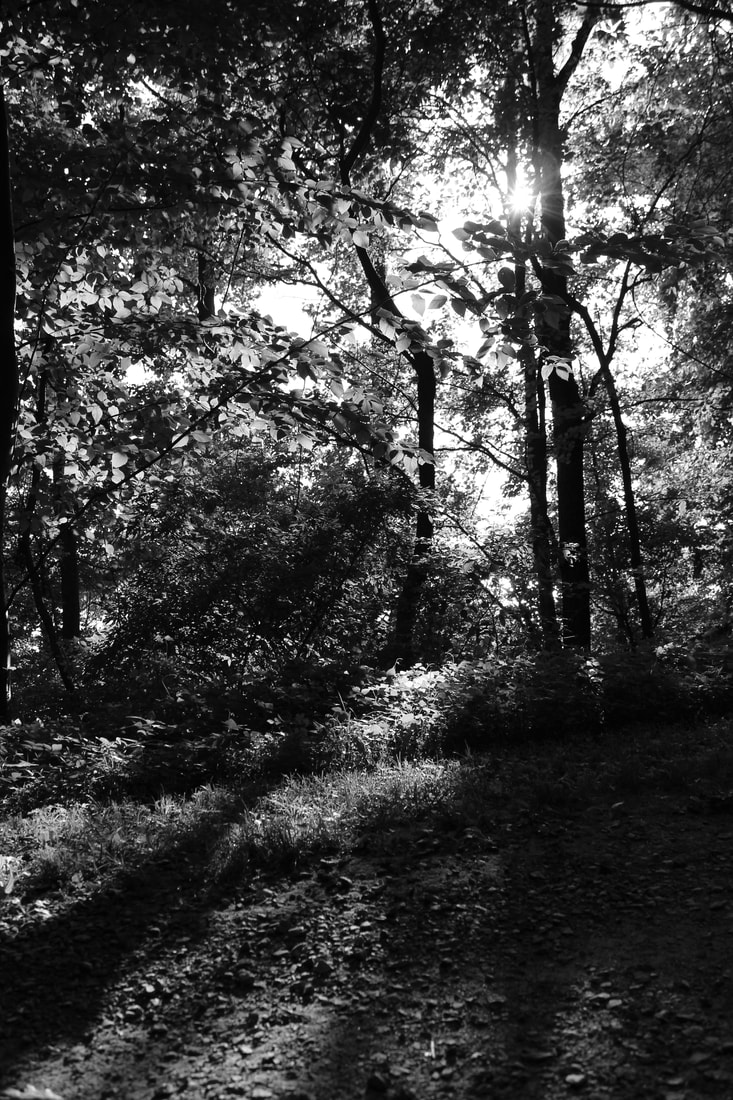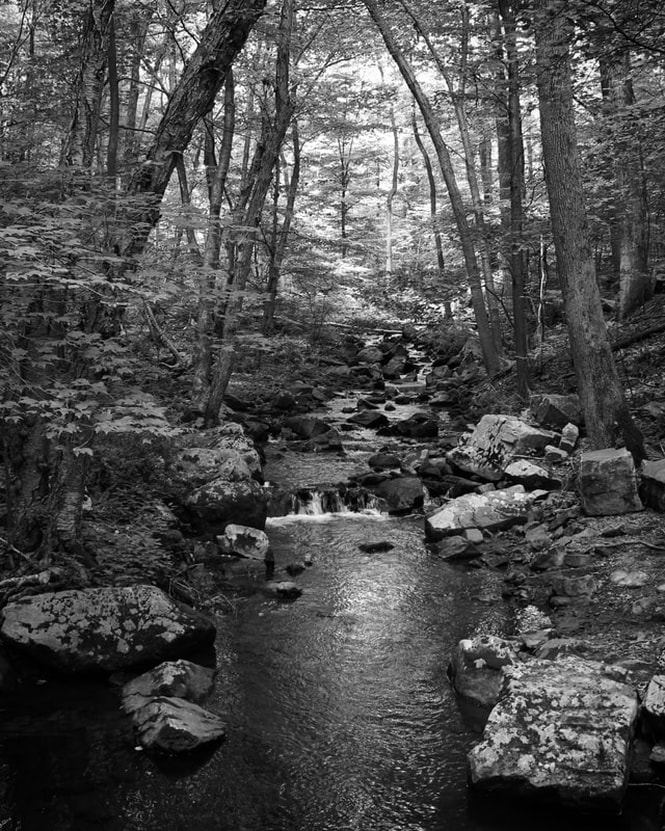|
Going to the Poets for a sense of belonging in the world, and in times of great sadness and even despair. The spirit of the time calls and draws us to bend to what sadness even grief has to say. Rainer Maria Rilke, a turn of the century, Austrian Poet & Novelist wrote about the plethora of human conditions. That neuroticism isn’t something of peculiarity, yet it is seen in a deeper way of language not spoken in ordinary conversation. Most of the time kept hidden in the tightly wrapped garments of our heart's chambers. In contrast, it seems as if it is bobbing right at the surface- unaddressed still, waiting, wanting to be ceased, to be seen, to be witnessed, to be embraced even. In the Letters to a Young Poet, a compilation of letters Rainer Rilke wrote about addressing the troubles to his dear acquainted friend by the name Mr. Kappus. Rilke writes in these letters as if a lullaby of consoling poetry to his beloved Mr. Kappus, no smoke blown, but deep in thought he wrote. It was evident Rilke felt a shared safety and vulnerability with his friend seen in a continued correspondence initiated in these 10 letters. The subject of sadness, the core notes of that lingering melancholy, and even more yet a loss of a loved one leaves us dismantled and we are all needing a friend to remind us of the silver lining we cannot quite see in moments of our darkening turbulent grief: My favorite letter of his is in Letter 8 (which I will be referencing throughout), Rilke; “But please, ask yourself whether this large sadness hasn’t rather gone right through you. Perhaps many things inside you have been transformed; perhaps somewhere, someplace deep inside your being, you have gone through important changes while you were sad. The only sadness that is dangerous and unhealthy are the ones that carry around in public in order to drown them out with the noise; like diseases that are treated superficially and foolishly, they just withdraw and after a short interval break out again all the more terribly; and gather inside of us and our unlived, rejected, lost, a life that we can die of.” -August 12, 1904, Sweden Rilke speaks of the very sobering that sadness provides us as mere mortals. The gift of sadness, the transformation that happens in the very presence of it. Rilke described sadness as an entity, a presence within. Rilke pontificates on the importance of learning how to suffer, but more importantly how to suffer well. The change happening in the pits of the lowly epitomes of sadness. That there isn’t any desperation in feeling so deeply, it is what creates full aliveness, at least a liveliness in the sense of our inner world that in turn connects us wound-to-wound. Yet Rilke warns his confidant about the distraction of going into public to drown it out as a form of avoidance to facing whatever it is that is at the soul's bones. If Rilke only knew of the many distractions we face in our modern age to escape this existential sequestering: what we lull away to when we are anxious or scared in body and mind. Really-actually just comes to bite later, or walks through the door without permission forming beneath the skin that emotion beckoning to be noticed. The inescapable emotions that flood us in our behavior, our walk, our talks…that spills out exposing the very guts of who we are. . . h u m a n. Rilke, returns to his friend with some advice at the heart of the matter, “So you mustn’t be frightened, dear Kappus if a sadness rises in front of you, larger than you have ever seen; if an anxiety, like light cloud shadows, moves over you and over everything you do, You must realize that something is happening to you, that life has not forgotten you, that it holds you in its hand and will not let you fall.” Rilke; “Why do you want to shut out of your life any uneasiness, any misery, any depression, since after all, you don’t know what work these conditions are doing inside you? Why do you want to persecute yourself with the questions of where all this is coming from and where it is going? Since you know, after all, that you are in the midst of transition and you wish for nothing so much as to change.” Change is what we are after, our natural progression of a typical striving human, to improve, to make better of. For certain change requires the depth of sadness to carve into our very character. Yes, right after the heartbreak, the disappointment of a dream dying, the tragedy in our loss of a loved one, the grace of loss of a loved one, too. Rilke suggests this is what forms us, it is transitioning us in the movements of a symphony in the silence of being the un-played instrument if we have the courage to make the sound into a song. If the trust of this strange sadness so familiar to us to strike us in the midst of our life, in the fire, in the mud, to be hardened, to be glazed, and to cracked open into a million pieces again and again, then back to the earth we all return. What was the purpose of all this? Rilke answers us with a question,  “Do you remember how that life yearned out of childhood toward the “great thing”? I see that it is now yearning forth beyond the great thing toward the greater one. That is why it does not cease to be difficult, but that is also why it will not cease to grow.” Is Rilke suggesting that something greater is at work here as we yawn, crawl out of our own way forward- to surrender to this yearning to the great beyond? Beyond the mundanity of the cerulean shades of blues-- or the things that aren’t so obvious yet are the very miracle we are gazing at every day and is it not in the flowing blood that is streaming in all of our veins? The miracle. That is you. Only one of you, all of you, in all of the time. Then, there is the grey shade of feeling and experiences asking to be brought to light, not to be turned up of its mysteries, but how we can see through it with help of a passing stranger (like Mr. Kappus), a friend, a lover, and something greater- is it ourselves? Or is there more? One could say that Mr. Kappus was a very lucky friend indeed receiving the kind tenderness from a finely worded friend like Rilke. We all need the familiar encouraging voice of 'nother when we are trying to weather the storms and season of our circumstance, we are so well at masking in our faux austerity. Rilke,
“Don’t think that the person trying to comfort you now lives untroubled among the simple and quiet words that sometimes give you pleasure. His life has much trouble and sadness and remains far behind yours. If otherwise, he would have never been able to find those words.” Yes, Rilke indeed, it certainly takes a person to meet you at the 'deep calling unto deep' (psalm 42:7) that there is no beauty, truth, and goodness in concealing ourselves. That is where we have come from in the mire and is now wholly connected in our compassion to brokenness since after all we are all inescapably born into. The quiet words that are written are understood as ancient as we. Thank you for reading. Peace, Moriah
0 Comments
|
AuthorMoriah Mylod Archives
July 2022
|


